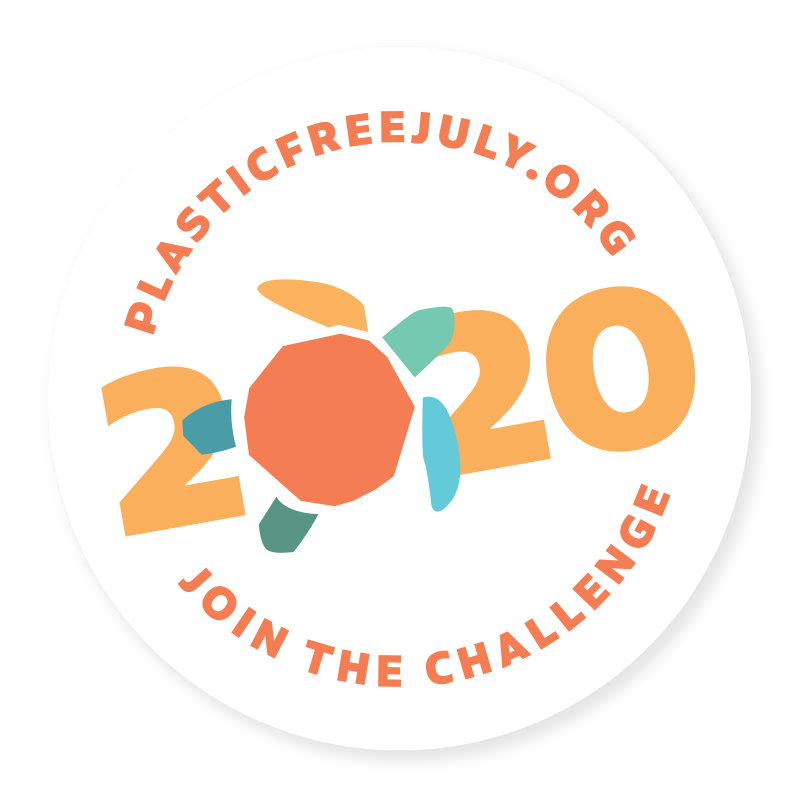A Supply Chain Solution to Plastic Pollution
Posted on 01 July, 2020

Plastic Free July is a global movement that helps millions of people be part of the solution to plastic pollution. Today, single-use plastics account for 40% of the plastic produced every year, with some taking over 400 years to biodegrade.
Dimensions is committed to investigating and implementing sustainable sourcing initiatives wherever possible. We are constantly exploring innovative ways to minimise waste within our supply chain with significant focus on eliminating single-use plastics from our packaging at source.
In 2017, we implemented a packaging initiative that reduced our packaging by 40%; saving the equivalent of 480,000 plastic bottles in the first year. Last year, we widened the project to other product categories and we continue to innovate in this area; we plan to roll out an innovative way of packaging via a roll and tuck method, securing the garment with a paper wrap.
We have also set up a recycling process whereby redundant name badges are returned to the badge supplier and the plastic is used to create drain pipes.
With regards to fabrics, we can create garments through a method of sustainable production with the collection of surplus cotton scraps from factory cutting rooms. The cotton scraps are collected and segregated by colour groups, then shredded and blended with polyester from PET plastic bottles. The blend of cotton and polyester is then spun into a yarn, knitted to produce an eco-friendly poly/cotton pique fabric. The fabric is then washed, dried and finished before being cut and sewn into a finished garment for a customer.
Plastic waste from the ocean can also be turned into a polyester yarn that is spun into fabric lengths. The production process has controlled traceability and high energy efficiency. Using recycled PET to create polyester fabrics prevents it going into landfill, it reduces our use of petroleum as a raw material for our fabric requirements, and therefore lowers our overall carbon footprint.
As plastic pollution remains a global environmental issue, we can all be part of the solution. How will you reduce your plastic footprint this July?
Recent Articles
FutureFest 2025: A Day of Adventure with the Greggs Foundation
Dimensions Secures Exciting New Partnership with Avis Budget Group for Bespoke Uniform Range
Future Hotel Manager Leila Gets Her Very Own Mini Uniform (and Teddy!)
Dimensions Donates 40 Pairs of Shoes to Support Children in Need
A First Look at the New Nationwide Uniform With a Bit of Show and Tell